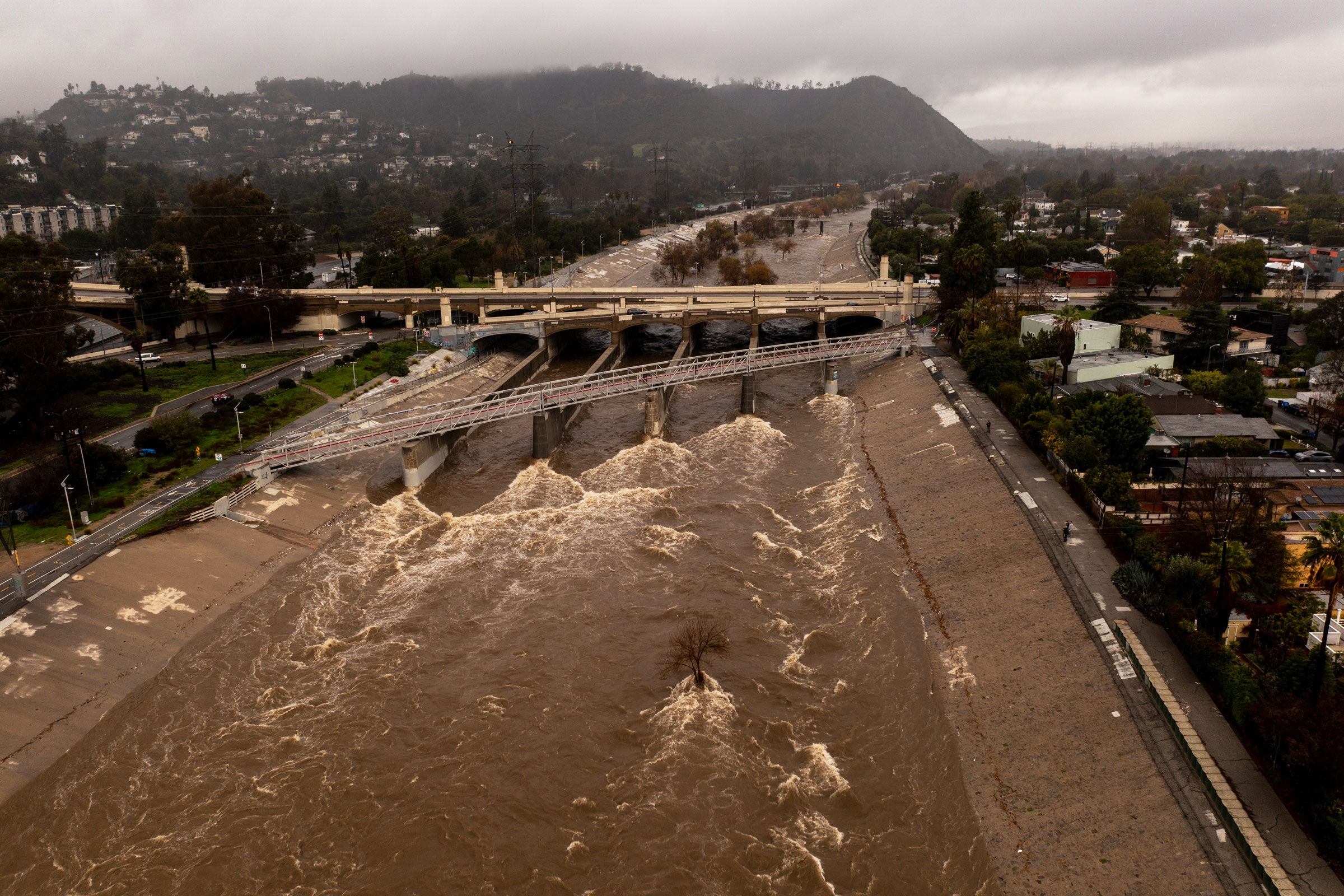If your senior dog is drinking an excessive amount of water, it could be a sign of various conditions such as kidney failure, diabetes mellitus, Cushing’s disease, or dehydration. This increased water consumption may be seen in dogs of all ages.

Credit: m.facebook.com
Understanding Increased Water Intake In Senior Dogs
As our beloved companions grow older, we may start noticing changes in their behavior and habits. One common concern among senior dog owners is increased water intake. It’s important to understand the reasons behind this change in behavior to ensure our furry friends’ well-being. In this article, we will explore the common causes of increased water intake in senior dogs, other possible reasons, and the potential impact of excessive water intake on their health.
Common Causes Of Increased Water Intake
- Diabetes mellitus
- Kidney failure
- Cushing’s disease
- Dehydration
- Liver disease
- Hypercalcemia
- Medication side-effects
- Pyometra
- Cancer
Senior dogs are more prone to develop these conditions, and increased water consumption can be one of the early signs. It is essential to consult with a veterinarian if you observe excessive thirst in your senior dog, as these conditions require proper diagnosis and treatment.
Other Possible Reasons For Increased Water Intake
- Boredom or excessive activity
- Hot weather or heat stroke
- Consumption of salty foods
- Possible illnesses or infections
While the common causes mentioned earlier are more prevalent, it’s crucial to consider these additional factors when trying to understand why your senior dog is drinking more water. Sometimes, the cause might be as simple as environmental or temporary circumstances.
Impact Of Excessive Water Intake On Senior Dogs
Excessive water intake can have various effects on senior dogs, depending on the underlying cause. It may lead to frequent urination, which can be challenging for dogs to control, especially if they have arthritis or mobility issues. Additionally, increased water consumption might result in accidents in the house, discomfort, or disruption of their normal routine.
Furthermore, excessive drinking can also be an indication of a more serious underlying health issue. Therefore, it’s crucial to monitor your senior dog’s water intake and seek veterinary attention if you notice any worrisome changes.
In conclusion, increased water intake in senior dogs can be a sign of both common and more severe conditions. It’s essential to remain vigilant and consult with a veterinarian to ensure proper diagnosis and the best possible care for our aging companions.

Credit: www.wired.com

Credit: www.amazon.com
Frequently Asked Questions On Why Is My Senior Dog Drinking So Much Water
What Does It Mean When An Older Dog Starts Drinking A Lot Of Water?
Increased water consumption in older dogs can indicate various conditions such as kidney failure, diabetes mellitus, and Cushing’s disease. Dehydration can also cause increased water intake in dogs of all ages. Excessive thirst should be evaluated by a veterinarian to determine the underlying cause.
Do Dogs Get More Thirsty As They Get Older?
As dogs get older, they may get more thirsty. This could be due to conditions like kidney failure, diabetes mellitus, and Cushing’s disease. Increased water intake can also be a sign of dehydration.
What Is Considered Excessive Thirst In Dogs?
Excessive thirst in dogs refers to increased water intake, which can be a sign of various conditions. Senior dogs may experience this due to kidney failure, diabetes, Cushing’s disease, or dehydration. It’s important to monitor your dog’s water consumption and consult a veterinarian if you notice a significant increase.
Why Does My Dog Suddenly Want To Drink A Lot Of Water?
If your dog suddenly wants to drink a lot of water, it could be a sign of various conditions such as kidney failure, diabetes, Cushing’s disease, dehydration, or medication side-effects. It’s important to consult with a veterinarian to determine the underlying cause.
Conclusion
If you notice your senior dog drinking excessive amounts of water, it could be a sign of an underlying health condition. Common causes include kidney failure, diabetes mellitus, and Cushing’s disease. Dehydration can also lead to increased water consumption. It is important to consult with your veterinarian to determine the cause and provide appropriate treatment for your furry friend.
Remember to monitor your senior dog’s water intake and seek professional help if you notice any concerning changes. Your dog’s health and well-being are of utmost importance.



